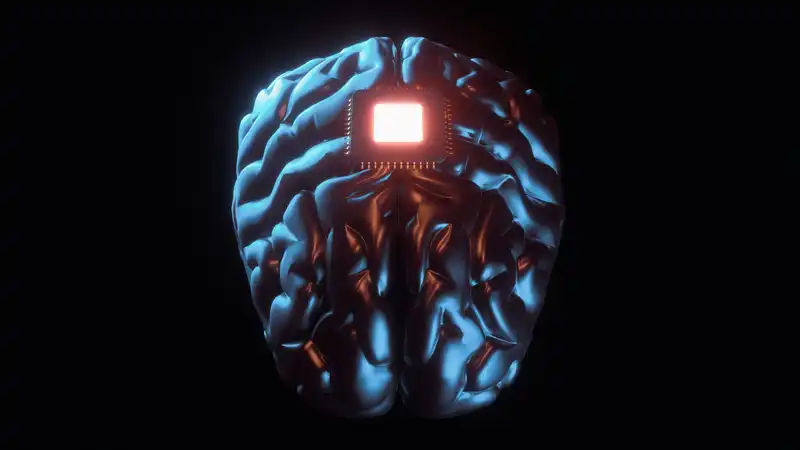Neuralink, a brain-computer interface startup, has successfully implanted its first device in a patient, tech billionaire founder Elon Musk announced this week.
Neuralink's first product will be called "telepathy," as Musk revealed today on X, and will allow users to control smartphones, computers, and other devices via their brains.
"What if Stephen Hawking could communicate faster than a speed typist or an auctioneer? That's our goal," he said. Hawking's next test participants will be people who have lost the use of their limbs, he said.
Earlier this week, Mask posted on X that the first human patient with the implant, whom he did not identify, "received the implant" on Sunday and is "recovering well" after surgery. The first results showed "promising neuron spike detection," he said. Spiking is the general term for any activity by neurons, which are specialized cells that use electrical and chemical signals to transmit information in the brain and body.
Neither Neuralink nor Mask disclosed any further details about the surgery or the patient. From what we have heard, however, the implants are successfully detecting neural signals from the patient's brain. While there is still much we don't know about this sci-fi technology, Neuralink says that the implant's "ultrafine" threads help transmit signals in the participant's brain.
Of course, Mask's comments should always be taken with a pinch of salt. However, successful human trials would reveal some of the exciting avenues that this technology could accomplish. Beyond communication, Mask and Neuralink hope to use the implant technology to help restore vision and help patients with spinal injuries regain their gait. In the past, Mask has cited Alzheimer's disease and Parkinson's disease as two neurological diseases that could benefit from Neuralink research.
In September, Neuralink announced that it had received FDA approval to begin recruiting subjects for its Precise Robotically Implanted Brain-Computer Interface (PRIME) clinical trial. As part of the trial, Neuralink's surgical robot will remove a portion of a patient's skull so that an implant can be placed in the area of the brain that deals with motor intent. The implant will record and transmit data to an app that interprets the patient's brain activity into input instructions for use of external devices such as a keyboard or cursor with thoughts alone. In this trial, Neuralink's wireless brain-computer interface is being evaluated for safety, both for the implant and for the surgical robot.
Before embarking on human trials, the company surgically implanted brain-computer interfaces in the skulls of pigs and monkeys; in 2021, Neuralink researchers successfully taught monkeys to play the classic arcade video game "Pong" using a brain implant They revealed that they had succeeded, and a video demonstrating this technique went viral.










Comments